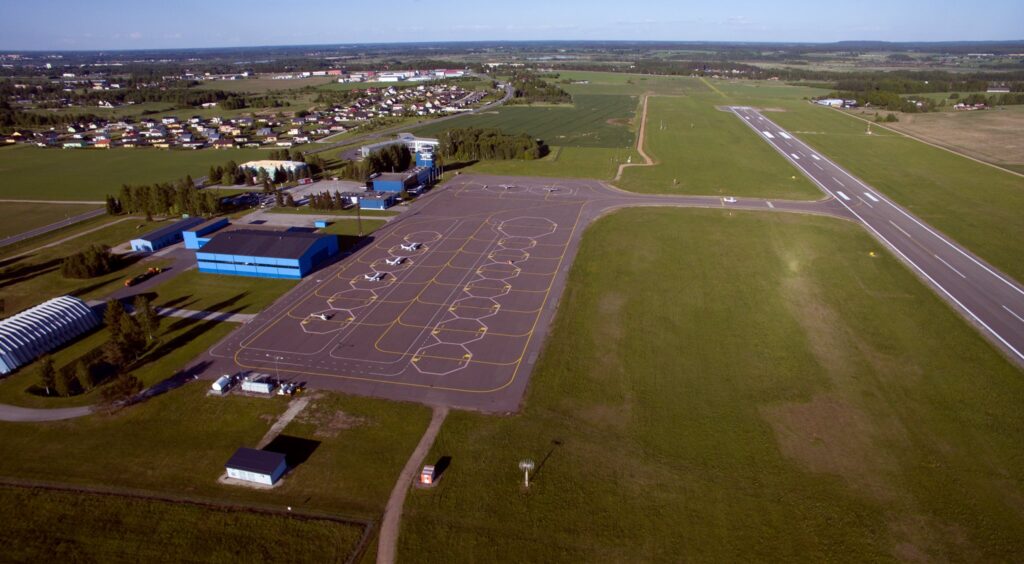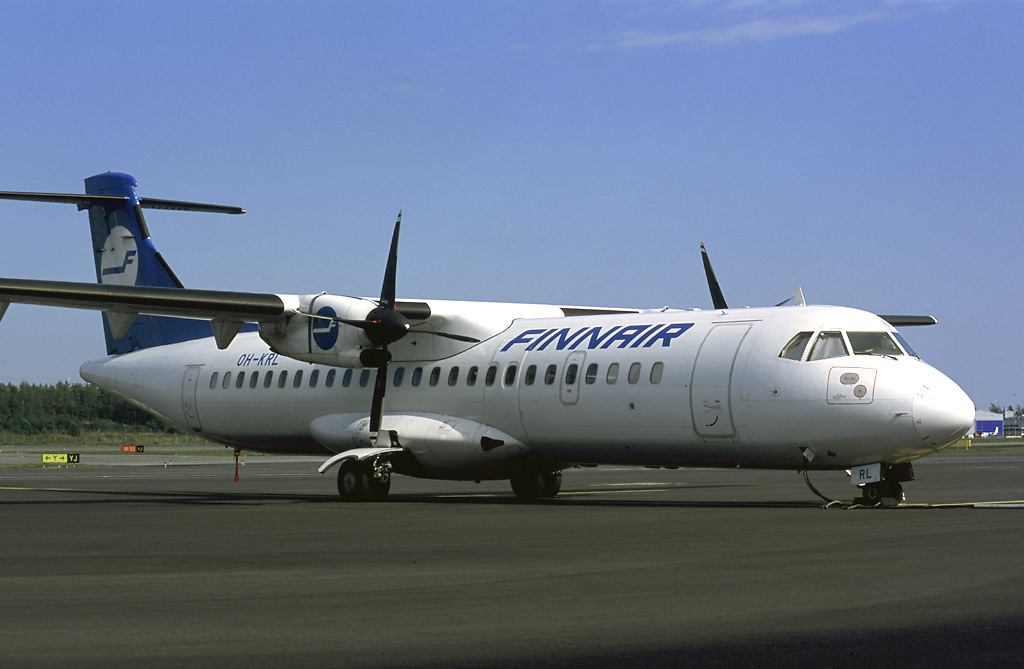The Finnish airline Finnair has decided to suspend its daily flights from Helsinki to the southern Estonian university town of Tartu for a month; the airport is under a hybrid attack by Russia who’s interfering with the GPS signal.
“Finnair will suspend its daily flights to Tartu, Estonia, from 29 April to 31 May, so that an alternative approach solution that does not require a GPS signal can be put in place at Tartu airport,” the airline said in a press release.
Last weekend, two Finnair planes that took off from Helsinki were unable to land at Tartu airport due to a GPS equipment failure. The flight followed the same pattern on both nights. The plane took off from Helsinki at 11:55 PM, but did not land in Tartu at 12:40 AM as planned, and had to fly back to Finland due to a disruption. The pilot informed the passengers that there was a problem with the GPS equipment.
On the night between Friday and Saturday, the aircraft turned back to Helsinki while over Paide, while the second time it had reached the vicinity of Põltsamaa before turning back. For Tartu airport, both instances meant no plane could depart from there in the direction of Helsinki on either morning.

A part of Russia’s hostile activities
The foreign ministers of the Baltic states warned that the GPS signal interference is being carried out by Russia and is so dangerous that sooner or later it can cause a plane crash.
The foreign ministers of Estonia, Latvia and Lithuania told the Financial Times that GPS jamming across the Baltics has increased in recent weeks. The Estonian foreign minister, Margus Tsahkna, said the GPS jamming at Tartu airport is a Russian hybrid attack.
“We consider what is happening with GPS as part of Russia’s hostile activities, and we will definitely discuss it with our allies. Such actions are a hybrid attack and are a threat to our people and security, and we will not tolerate them,” Tsahkna told the Financial Times.
“If someone turns off your headlights while you’re driving at night, it gets dangerous. Things in the Baltic region near Russian borders are now getting too dangerous to ignore,” Gabrielius Landsbergis, the foreign minister of Lithuania, told the newspaper.

